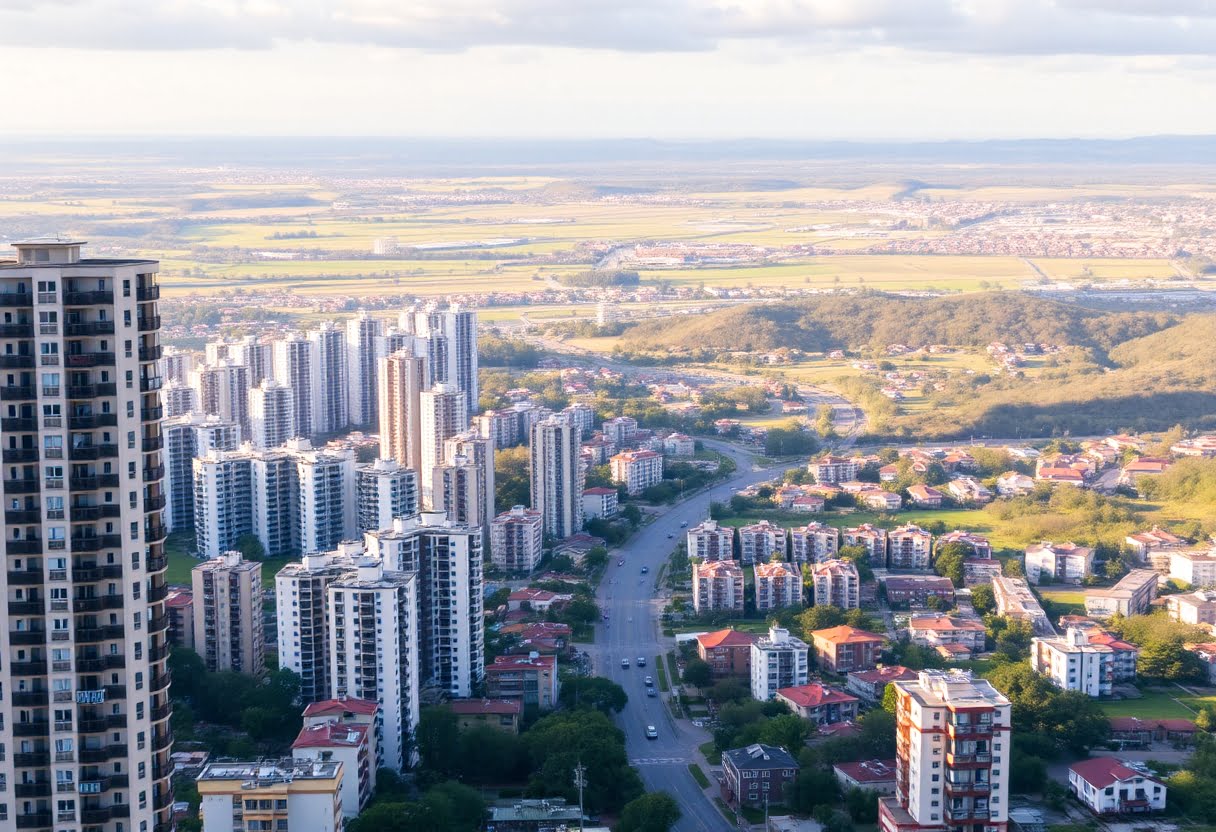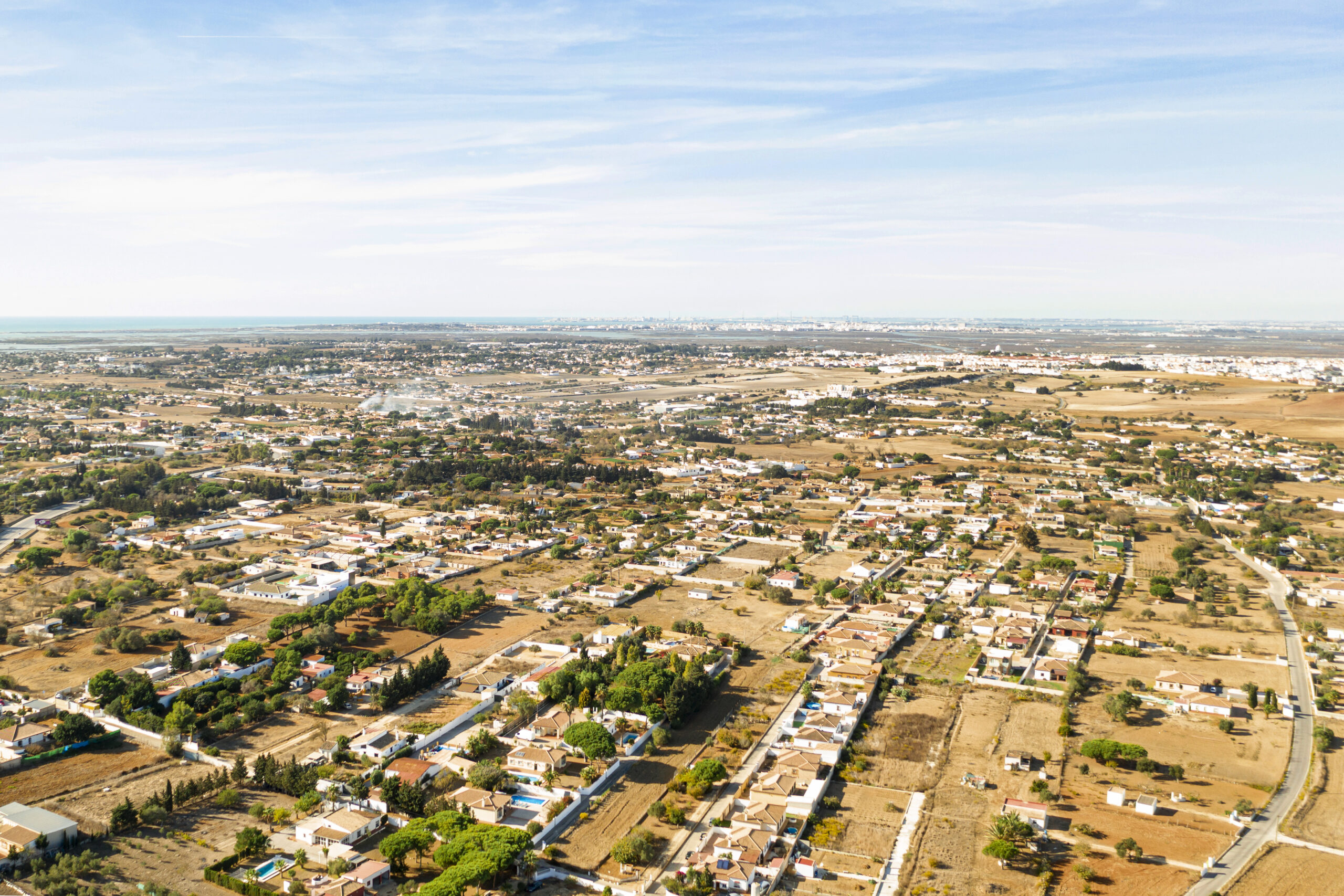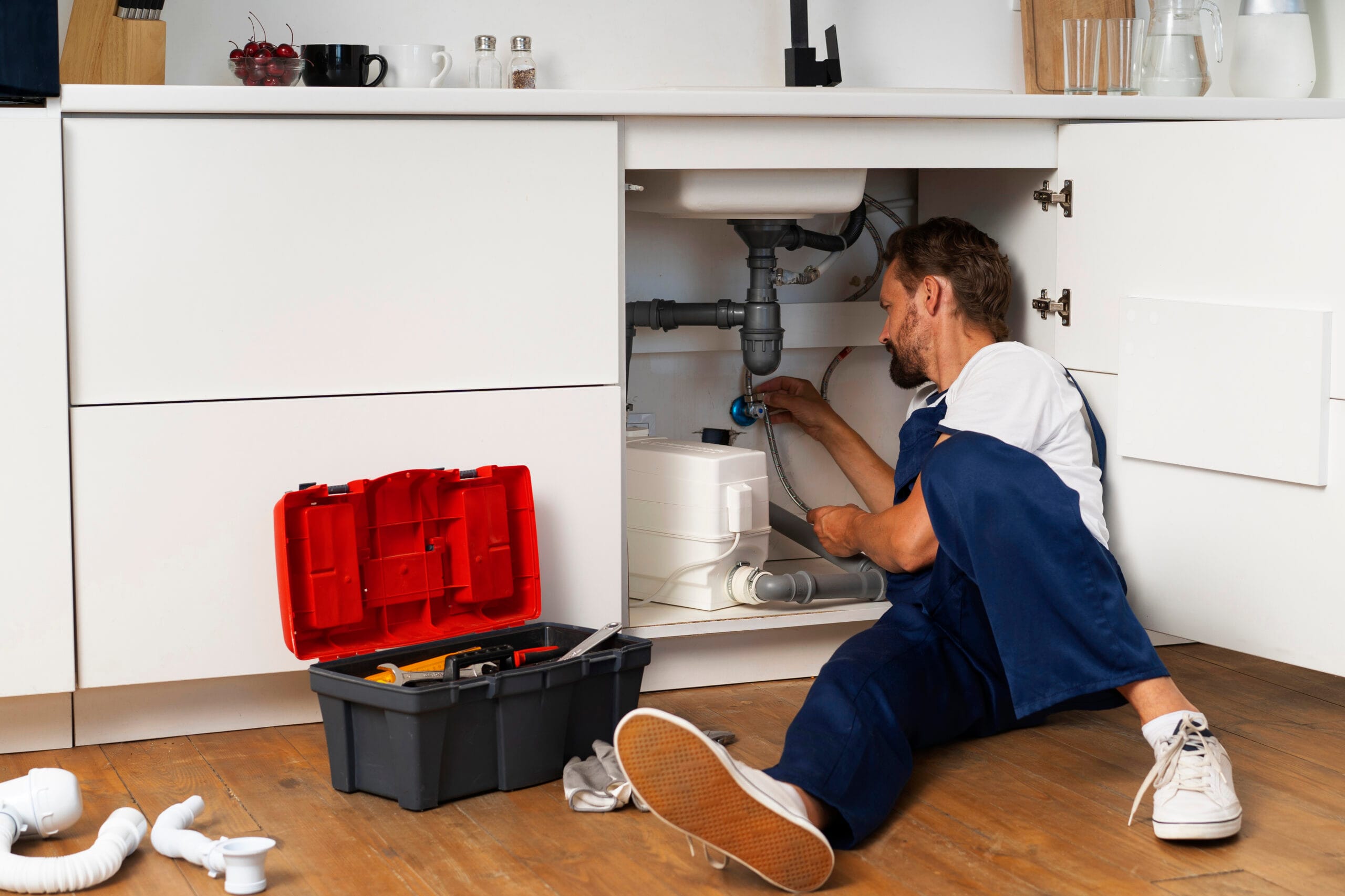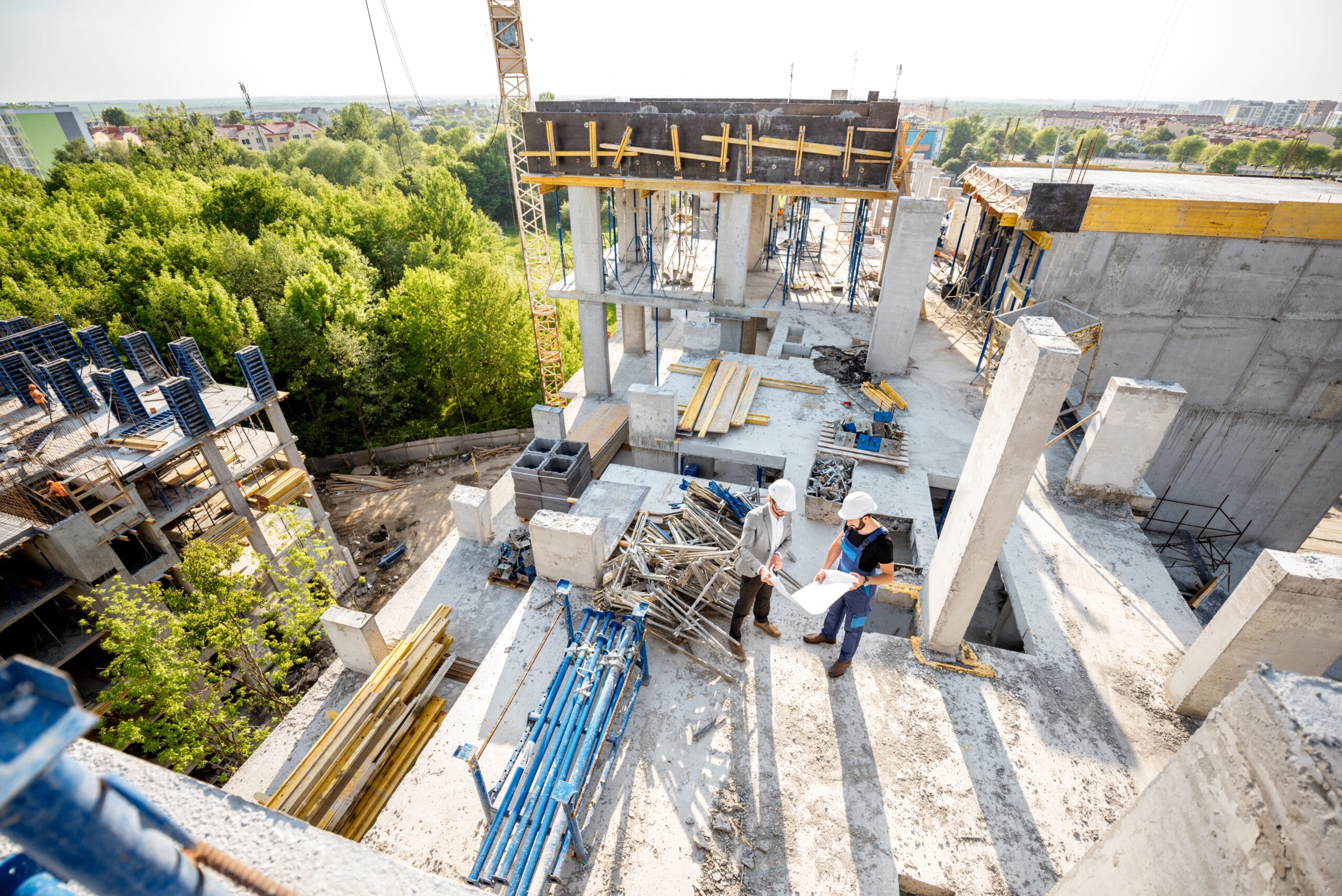Investing in real estate and becoming a landlord is a great way to grow wealth. However, it isn’t as easy as it looks, and there are expenses everybody should know about before buying rental properties. Some expenses, like taxes and insurance, are just part of the deal.
You need to stay on top of them to keep your property safe and legal. But other costs can actually help you make more money in the long run. When you know which expenses are necessary and which ones can boost your profits, it’s easier to manage your property and keep your business running smoothly. In this article, we will go over some of the common expenses to be aware of.
1 – Hiring a property manager
Hiring a property management company can be a big cost, but it often pays off by saving you time and hassle. Property rental management in Etobicoke, for example, can take care of things like finding tenants, collecting rent, and handling maintenance requests.
While they usually charge a percentage of what you make from rent, they take a lot of the stress off your plate. Instead of dealing with day-to-day problems, you can let the professionals handle it. They also make sure your tenants follow the lease, which can save you trouble down the road.
Plus, property managers usually have a network of trusted contractors, so repairs and maintenance get done faster and often at better rates. Although it’s an extra expense, having a management company can make things much easier and free you up to focus on other things.
2 – Vacancy and turnover rates
When your rental property is empty, it can quickly eat into your profits. Even without a tenant, you still have to cover costs like the mortgage, taxes, and utilities. And once someone moves out, getting the place ready for the next tenant isn’t cheap.
You’ll likely need to pay for cleaning, repainting, or even replacing things like old appliances. Plus, you’ll have to spend money on advertising to find new renters.
Every day your property sits vacant means lost income, so it’s important to plan for these gaps. Setting aside some savings can help you handle the costs that come with vacancies and make sure you’re not scrambling when a tenant leaves.
3 – Insurance
Insurance is an important cost every landlord needs to think about. You’ll need homeowners insurance to protect your property, and depending on where your rental is located, you might also need flood insurance or coverage for things like earthquakes.
Liability insurance is another must since it’s there if someone gets injured on your property or if a tenant causes damage that affects others. How much you pay for insurance, or your premiums, depends a lot on where your property is and what type it is.
If it’s in a high-risk area, like a flood zone, your insurance will likely cost more. It’s really important to have enough coverage to protect yourself from unexpected problems.














